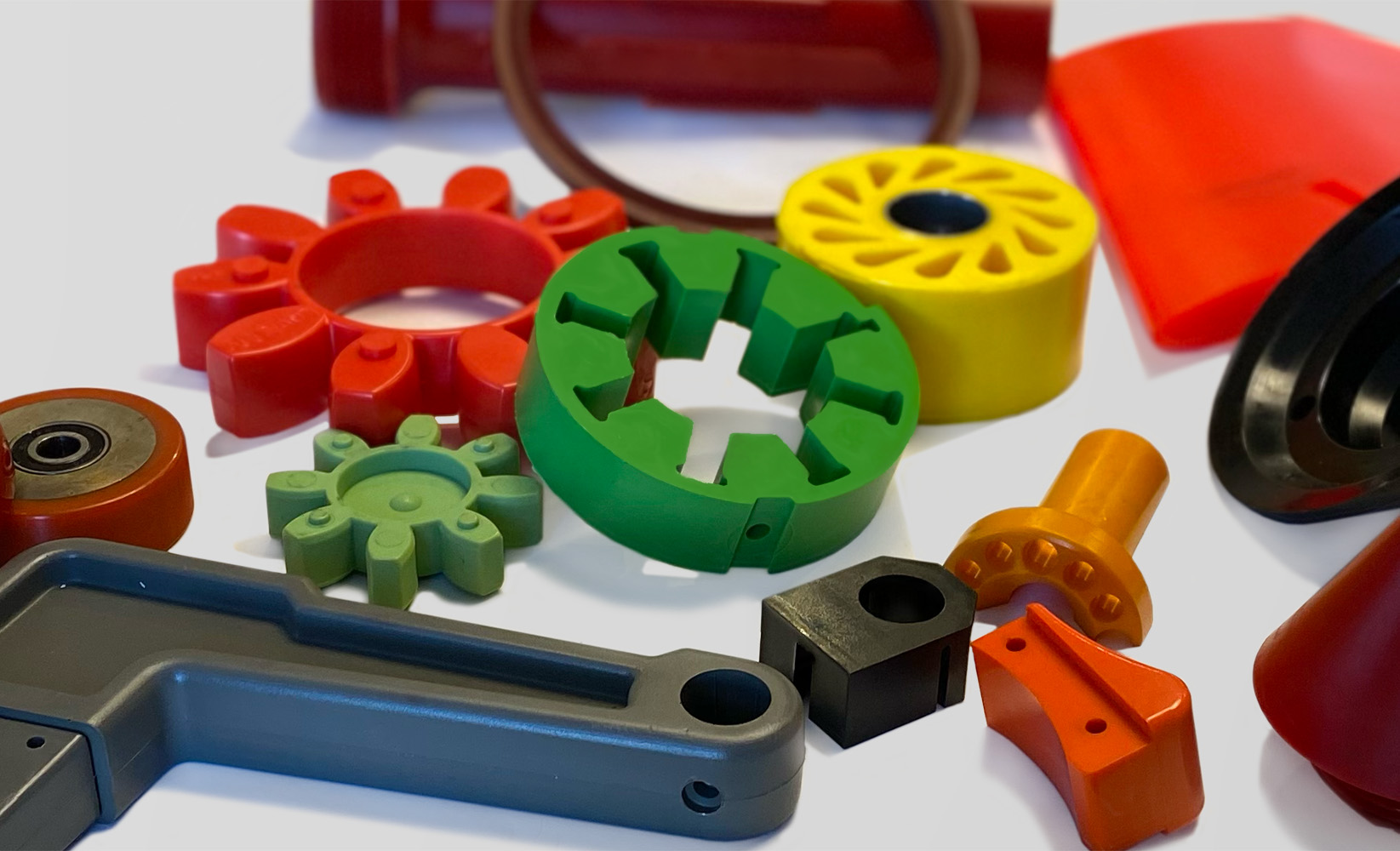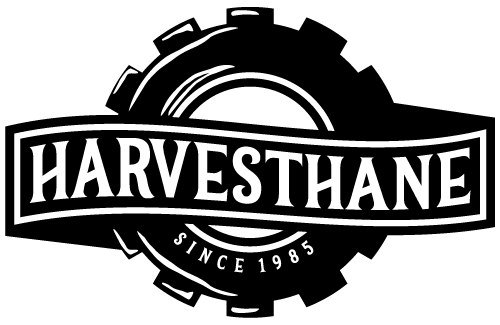As customers begin working with the team at Molded Dimensions Group to create their custom part, one of the initial conversations we have centers around material specifications. We always want our customers to receive a component that is truly the best fit for their application, which includes material choice. To this end, when a customer is considering for a part both urethane from Molded Dimensions Group and nylon from another provider, we are pleased to share the many advantages urethane offers.
To start, urethane has excellent elasticity and can withstand impacts and repeated flexing without cracking or breaking. It boasts an excellent load-bearing capacity, handling high loads without significant deformation. Although nylon is durable, it can also be more rigid and prone to stress cracking under impact. Beneath heavy, prolonged loads, nylon may deform.
This loss of structural integrity in nylon is particularly prominent in high-heat environments. And in low temperatures, nylon can become brittle. Urethane performs well in a wide temperature range, with some limitations at very high temperatures. Additionally, urethane typically outperforms nylon in wear and abrasion resistance, a feature especially crucial for applications involving repeated contact, sliding, or abrasive materials.
Next, nylon can be more susceptible to chemical degradation, whereas urethane is highly resistant to oils, greases, and various chemicals. Urethane does not absorb water either, maintaining its mechanical properties in humid or wet environments. Conversely, nylon absorbs water, which can lead to swelling and dimensional instability. Plus, urethane’s inherent flexibility helps dampen vibrations and reduce noise; since nylon is stiffer, it transfers noise and vibration more readily.
Especially relevant to the manufacturing process is the ability to precisely tailor urethane’s formulation to meet specific hardness, elasticity, or color requirements—nylon’s properties are less customizable. These specifications are generally available with a smaller investment as well: urethane molds have lower tooling costs than the higher production costs created by nylon’s higher processing temperatures and equipment requirements.
Urethane truly stands out as a superior material for custom-molded parts from Molded Dimensions Group. Speak with our team of experts to discover how urethane can be the optimal material for your component.




